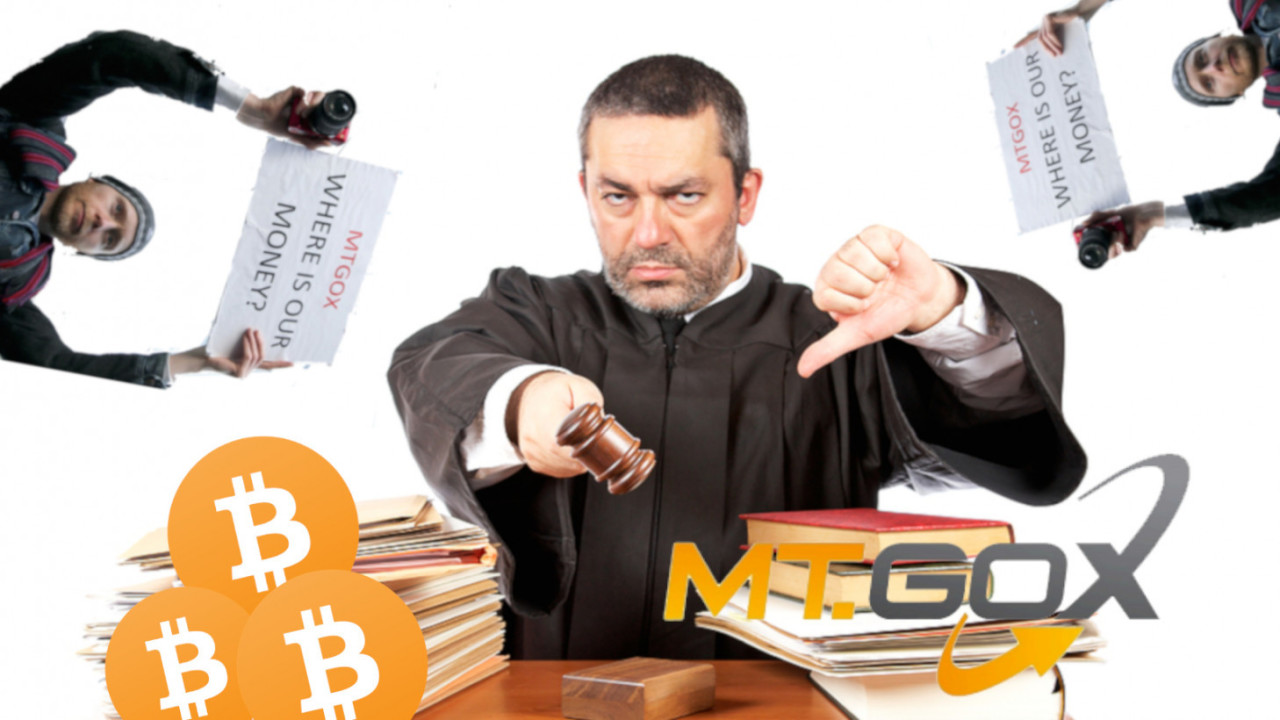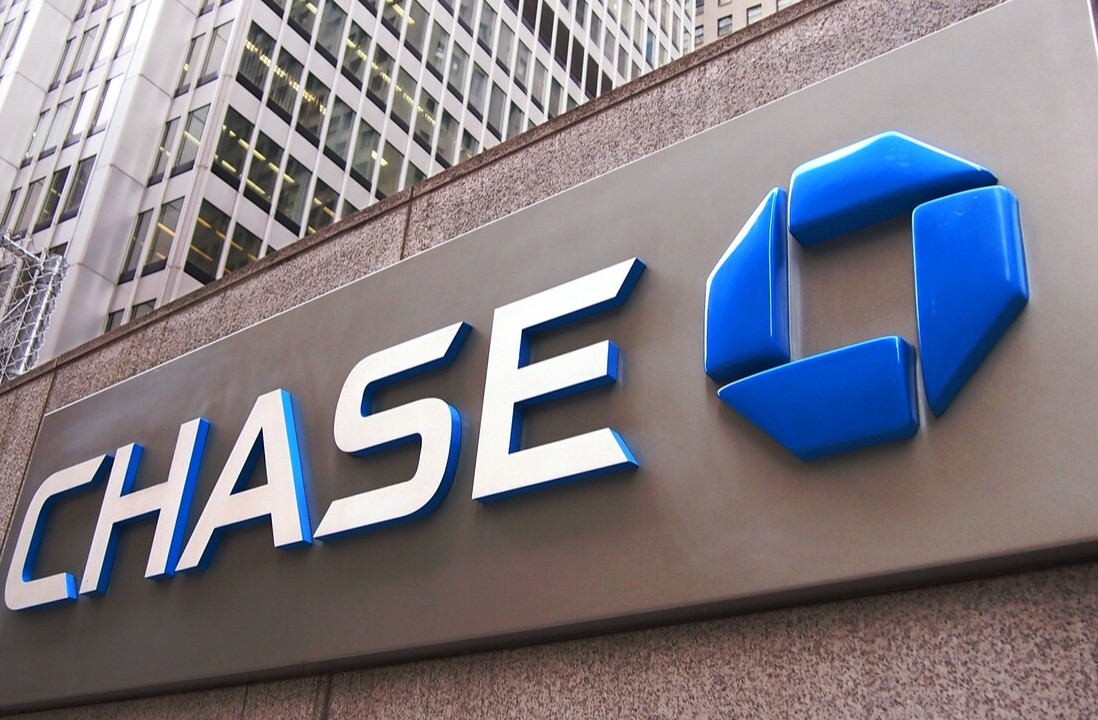
Mt. Gox’s ex-owner Mark Karpelès is due to face court in Japan this Friday, which means the long-running case of its “missing” Bitcoin is reaching a crescendo. It’s been over five years since Mt. Gox filed for bankruptcy, and it’s a pretty messed up story.
Climbing Mt. Gox
Mt. Gox was one of the first Bitcoin exchanges on the web, but it wasn’t always related to cryptocurrency. Back in 2007, programmer Jed McCaleb purchased the mtgox.com domain for an online trading platform for virtual cards used in the game Magic: The Gathering.
Fast forward a few years to 2010, and McCaleb saw an opportunity to create a place for people to exchange their fiat currency to and from Bitcoin. On July 18, 2010, McCaleb launched mtgox.com in the form that most came to know it, as a Bitcoin exchange.
McCaleb’s involvement in Mt. Gox as a Bitcoin exchange was short-lived, he sold the platform to French born developer Mark Karpelès about a year after he got his idea off the ground.
Karpelès at the helm
It was under the control of Karpelès that Mt. Gox would witness a series of hacks and scandals that would lead to the platform’s eventual demise. But it wasn’t without becoming the world’s leading Bitcoin exchanges by 2013. At one point, Mt. Gox was handling around 70 percent of the world’s Bitcoin trades (by volume).
The first major crisis for Mt. Gox came in June 2011, just months after Karpelès took over. Mt. Gox claimed a “compromised user account,” was exploited to make the price of Bitcoin fall from $17 to just cents in a matter of minutes, Ars Technica reported at the time. This price crash was exclusive to Mt. Gox and the hack did not affect the underlying Bitcoin protocol.
Another report stated that 25,000 coins were presumed missing or stolen from 478 different user accounts. These coins were valued at over $8.5 million at the time. Mt. Gox admins took the exchange offline while they tried to rectify the situation.
This was a process that would become all too common for the exchange. Over the years between 2011 and 2013 there was a string of breaches, hacks, scandals, and lawsuits that would plight the exchange – and eventually lead to its foreclosure.
The end is coming
On February 4, 2014, Coindesk held a poll to find out how many Mt. Gox users had experienced withdrawal issues. In some cases, users still hadn’t received their funds even weeks after they had requested withdrawal.
A BitcoinTalk forum thread amassed over 3,000 posts that featured claims of being unable to access Mt. Gox funds, Coindesk reported at the time.
On February 7, 2014, Mt. Gox cancelled all Bitcoin trading, froze accounts, and took a step back to take stock of what was actually going on. Ten days later, the exchanged published a statement. It claimed it had rectified the situation, and that it was now on course to correct customer losses and resume trade.
But by the end of the month Mark Karpelès had stepped down from his role at the Bitcoin Foundation, and the firm’s fate was sealed. It disclosed over 740,000 of users’ BTC ($2.9 billion, today’s value) had been stolen in a hack that it claimed had been ongoing for years. At the time, that amount was valued at around half a billion dollars.
On February 28, 2014, the exchange accepted its fate and filed for bankruptcy in Tokyo. It would also file for bankruptcy in the US later in March.
After 18 months of legal proceedings and attempted court-led restructures, Karpelès was arrested on embezzlement charges, in August 2015. Authorities claimed Karpelès had manipulated Mt. Gox’s computer programs to manipulate its balance sheet in order to artificially increase funds in one of its accounts.
Despite the case against him, Karpelès continues to maintain his innocence. At a recent trial, he said (in Japanese): “I swear to God that I am innocent,” AFP reports.
Litigation for victims of Mt. Gox’s crumbling
Since Karpelès’ arrest, Mt. Gox creditors (read: victims) have faced an arduous journey. It took until August of last year for things to finally start looking up for victims of the scandal.
Many creditors were forced to take it upon themselves to campaign for their Bitcoin back. But not long after, news broke that stated Mt. Gox’s litigators were finally prepped to repay those that had been affected by the collapse of the once dominant exchange.
Indeed, those affected by Mt. Gox’s collapse must be anxious, especially those that are yet to be repaid. The outcome of Karpelès trial will surely have an impact on how the litigation process continues, and the beginning of the end starts this Friday, finally.
Want to find out more about cryptocurrencies and blockchain technology? Check out our Hard Fork track at TNW 2019!
Get the TNW newsletter
Get the most important tech news in your inbox each week.





